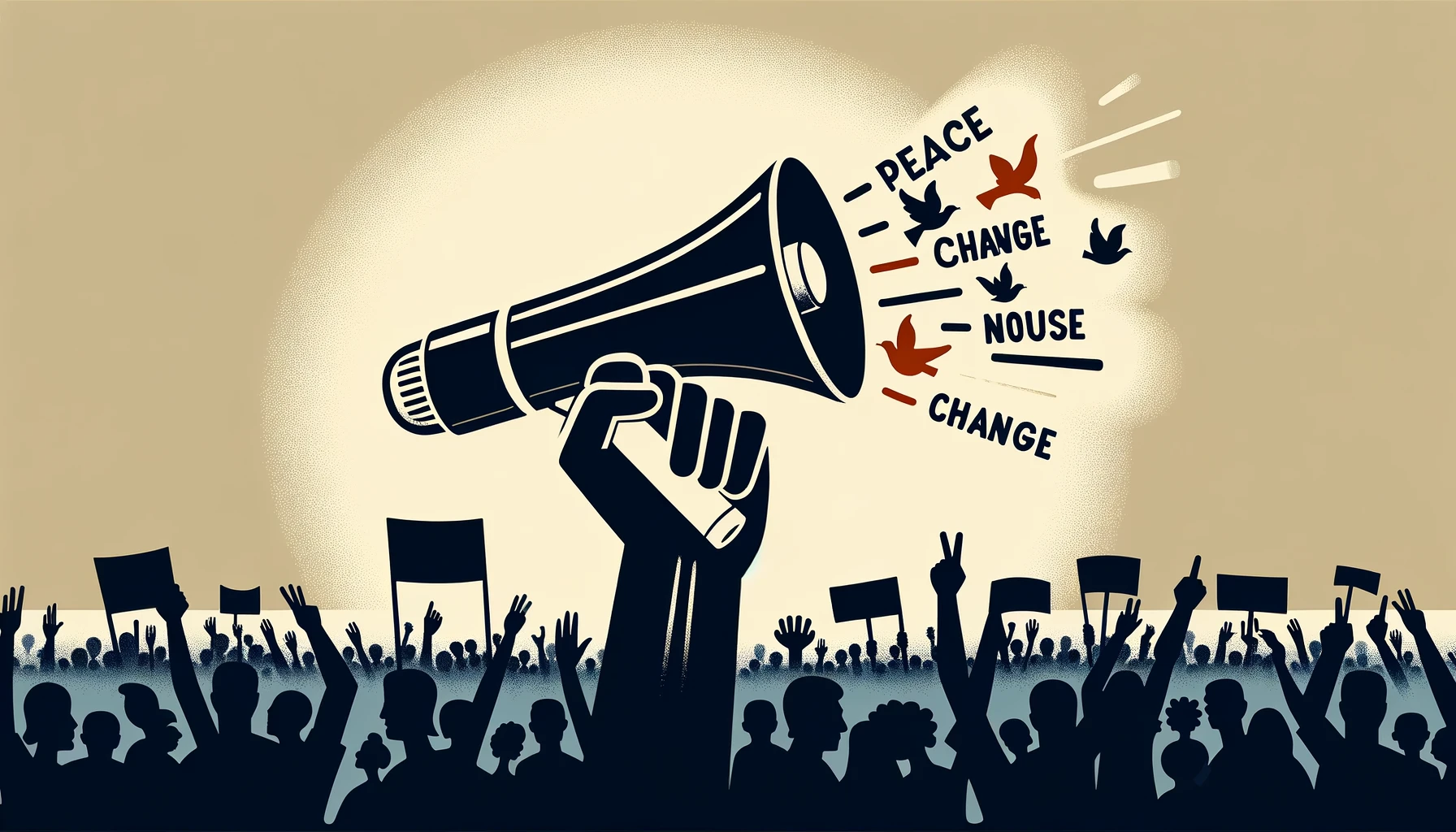Deliberate Provocation as a Tool for Social Justice
In today’s society, the fight for social justice has taken on many forms. One particularly powerful tool that has emerged is deliberate provocation. By intentionally challenging societal norms and pushing boundaries, individuals and groups can bring attention to important issues and spark meaningful dialogue.
Provocation has a long and storied history in the realm of social justice. From civil rights activists who staged sit-ins at segregated lunch counters to artists who use controversial imagery to challenge prevailing ideologies, deliberate provocation has consistently been a catalyst for change.
Provocation as a Disruptive Force
At its core, deliberate provocation disrupts the status quo. It forces individuals to confront uncomfortable truths and question deeply ingrained beliefs. By presenting ideas or actions that challenge the prevailing narrative, provocation creates space for alternative perspectives and new ways of thinking to emerge.
The Role of Emotion in Provocation
Emotion plays a crucial role in deliberate provocation. By evoking strong reactions from their audience, provocateurs can effectively convey the urgency and importance of the issues at hand. Whether it’s through shock, anger, or even humor, emotional responses can cut through apathy and engage people on a visceral level.
Confronting Taboos and Stereotypes
Deliberate provocation often involves confronting taboos and stereotypes head-on. By highlighting the ways in which these societal constructs perpetuate inequality and injustice, provocateurs challenge the very foundations of our beliefs and values. Through their actions, they expose the flaws and hypocrisies that exist within our systems and institutions.
The Power of Uncomfortable Conversations
Provocation also serves as a catalyst for uncomfortable conversations. By pushing boundaries and challenging accepted norms, provocateurs create opportunities for dialogue that may not have otherwise existed. These conversations can be difficult, but they are essential for growth and progress. They allow us to confront our biases, learn from one another, and ultimately work towards a more just and equitable society.
The Importance of Intent and Impact
While deliberate provocation can be a powerful tool for social justice, it is important to acknowledge the nuance and complexity of its implementation. Provocation must always be accompanied by a clear intent and a thoughtful consideration of its potential impact. It is crucial to strike a balance between pushing boundaries and ensuring that the message is received in a constructive and meaningful way.
Harnessing the Power of Deliberate Provocation
In conclusion, deliberate provocation has become a powerful tool in the fight for social justice. By challenging societal norms, confronting taboos, and sparking uncomfortable conversations, provocateurs can bring attention to important issues and effect meaningful change. However, it is essential to approach provocation with intention and an understanding of its potential impact. When used responsibly, deliberate provocation can be a catalyst for a more just and equitable society.










